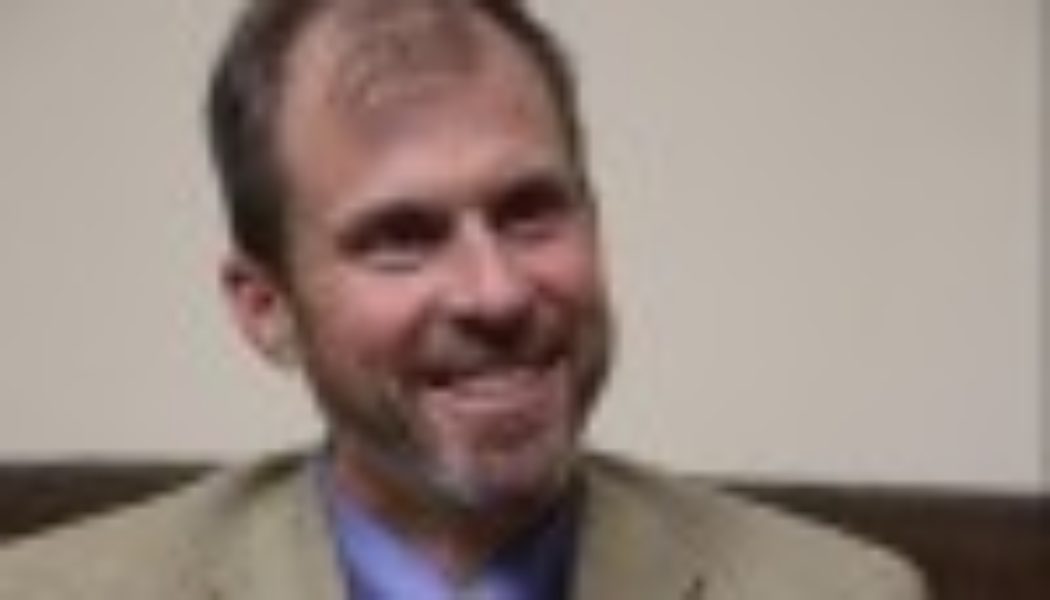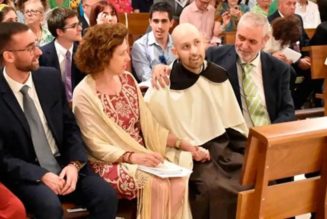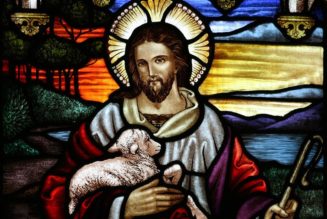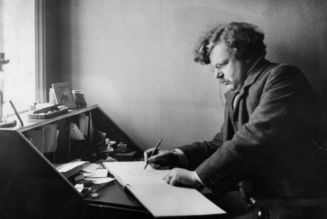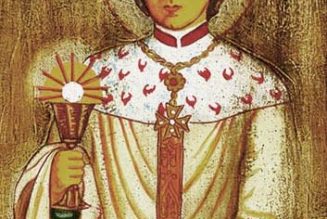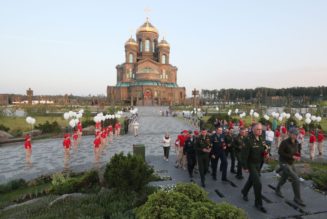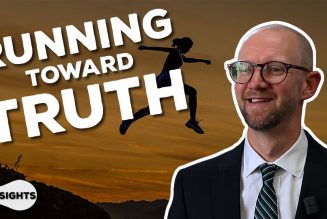Around the New Year we can feel out of sorts. The relentless march of time strikes home, just as we are wrapping up our more intense celebration of holy days. As on a birthday, we reflect on the duration of our life. Aging and its burdens can loom large. And the past with its baggage, the present with its challenges, and the future with its uncertainty can make even the young feel old.
The fact that we are heading into the heart of winter intensifies the situation, highlighting the starker aspects of the passage of time.
According to Aristotle, time is the measure of change in material things. But the change that really matters in the cosmos is the change of living things. Organic change is usually in growth and decay. If we look closely, we see that decay serves growth. Growth, and the flourishing it builds, are always more ultimate.
And the most important organic growth is that of human persons. Our life is at the center of the material universe, even if not the material center. Human life is what matters; human growth and flourishing are what seasons are about. So what ‘time’ really measures is the organic growth of human life.
If there’s one thing true of organic growth, it’s that it goes in stages. For everything there is a time, a season. The wisdom view of life always sees this more clearly. A grandparent counsels the parent of a struggling teenager; a husband encourages his wife through childbirth; a wife encourages her husband about the boy who seemingly will not hear; a father tells his son to just keep swinging that bat, or that hammer; a mother tells her daughter that the awkwardness of boys might one day pass; a teacher encourages his colleague that later, one day, this will strike home for that student. And it goes on.
The wisdom view is one of hope, of ‘be not afraid.’ We keep cultivating, but growth only comes over time.
The relentless passage of time and the sometimes excruciating aspects of stages that must be passed are actually part of, even essential to, the organic growth of human life.
In the end truly human life transcends the passage of time, even while it can only be forged through it. Consider the elderly man or woman for whom the decay of body, and surely also the decay of various relationships and dreams, are stark realities. Here can be the ultimate growth, and fulfillment. Here especially the human difference shines and comes into its own. This man or this woman can stand tall—even if stooped in body—through embracing and enduring the travails of time.
The interior growth of the person is the ultimate organic growth. It happens in time, transcends time, and gives meaning to time. It is the reason to embrace time. Perhaps most of all, it is why we should be grateful for time. This is a Happy New Year, if we but raise our eyes as we mark the season, and focus on what really matters.
Writing of a tradition of opening all the doors and windows at midnight of New Year’s, Hilaire Belloc writes, “…for thus, they say, the old year and its burdens can go out and leave everything new for hope and for the youth of the coming time.”
Yes, if we embrace the wisdom perspective, the coming time is always one of youth, a youthfulness that ripens into maturity, and so grows more vigorous, and forever young. We can be a witness to this truth, as we wish one another, a Happy New Year! ~ ~ ~
Our Christmas Audio Stories are Live! Here’s a perfect story to prepare for Epiphany. Also at SPOTIFY!
Husband, father, and professor of Philosophy. LifeCraft springs from one conviction: there is an ancient wisdom about how to live the good life in our homes, with our families; and it is worth our time to hearken to it. Let’s rediscover it together. Learn more.
